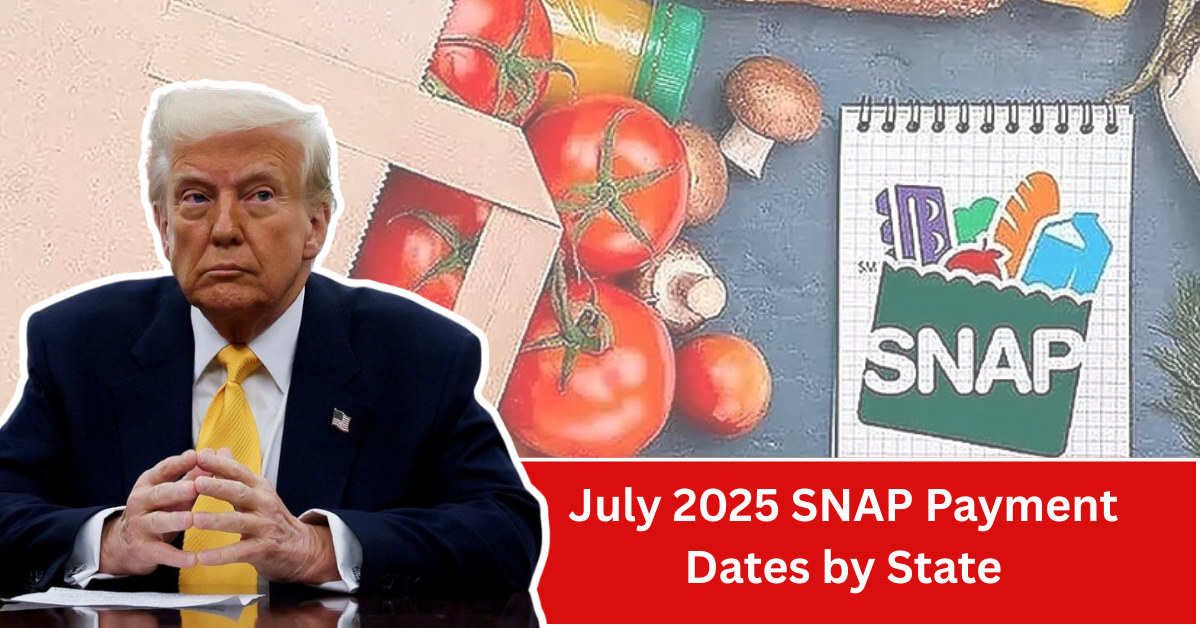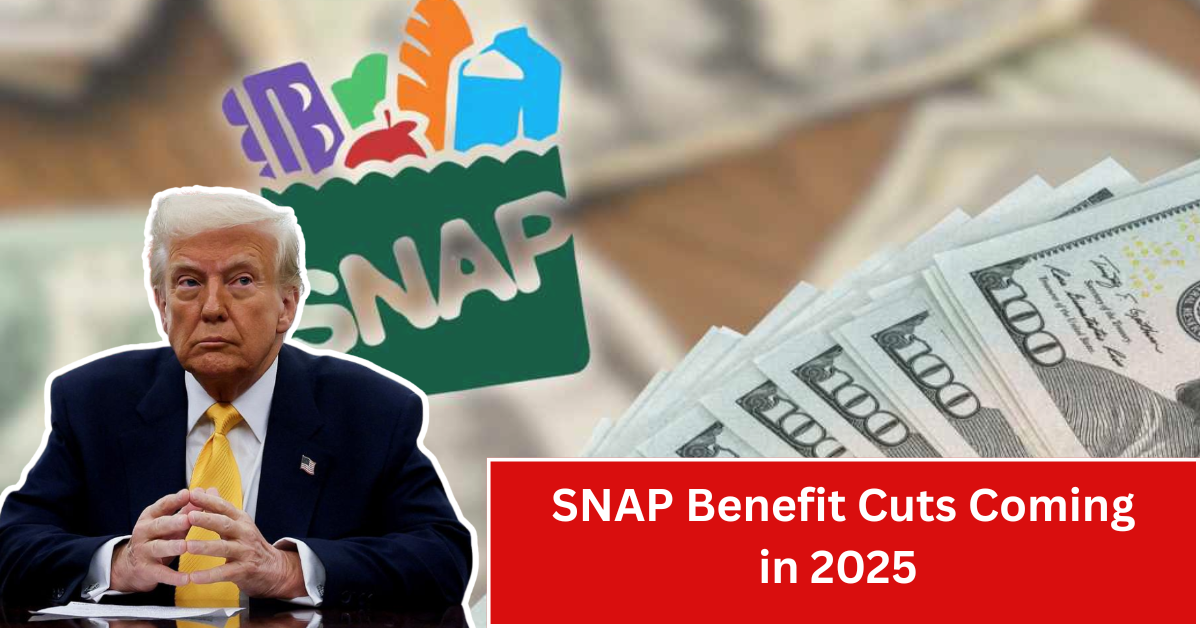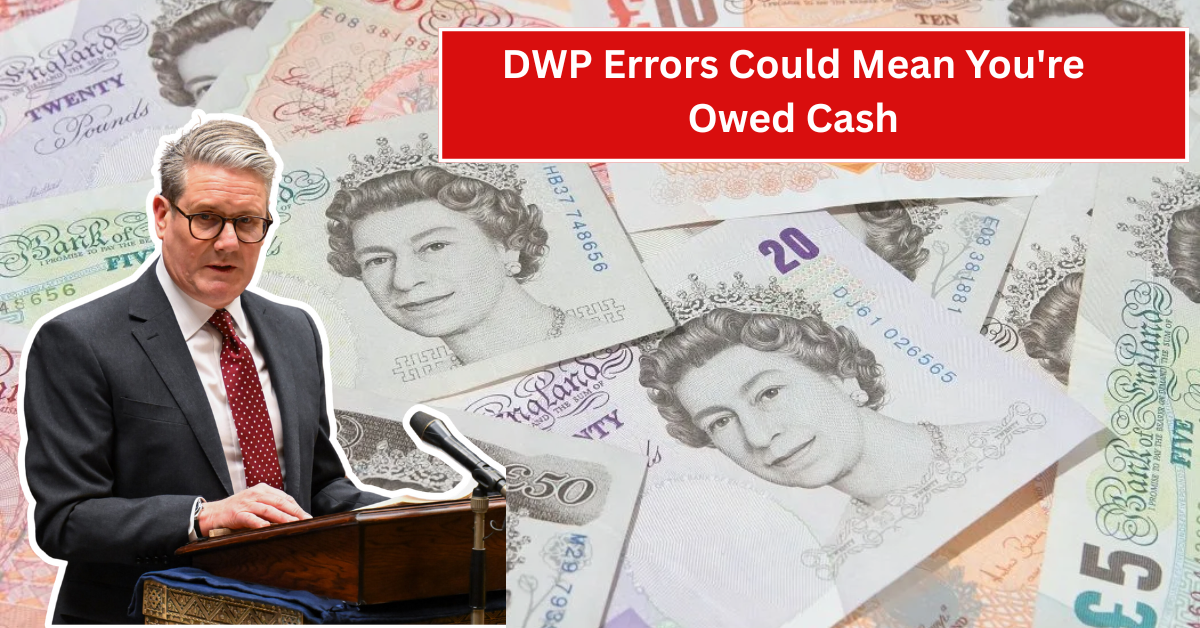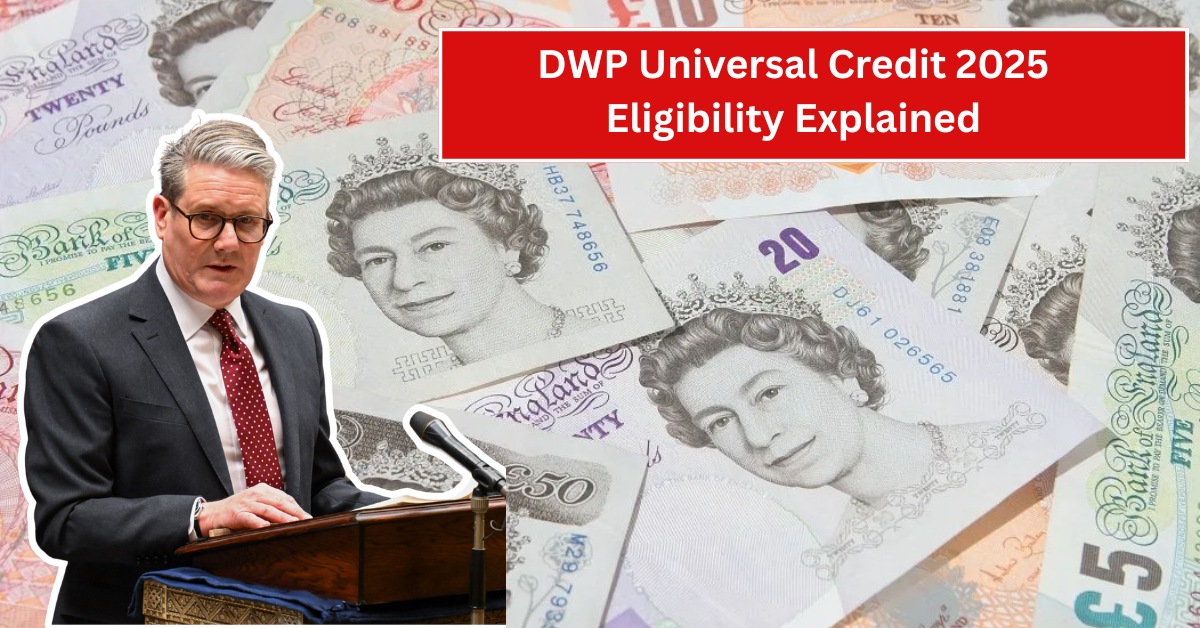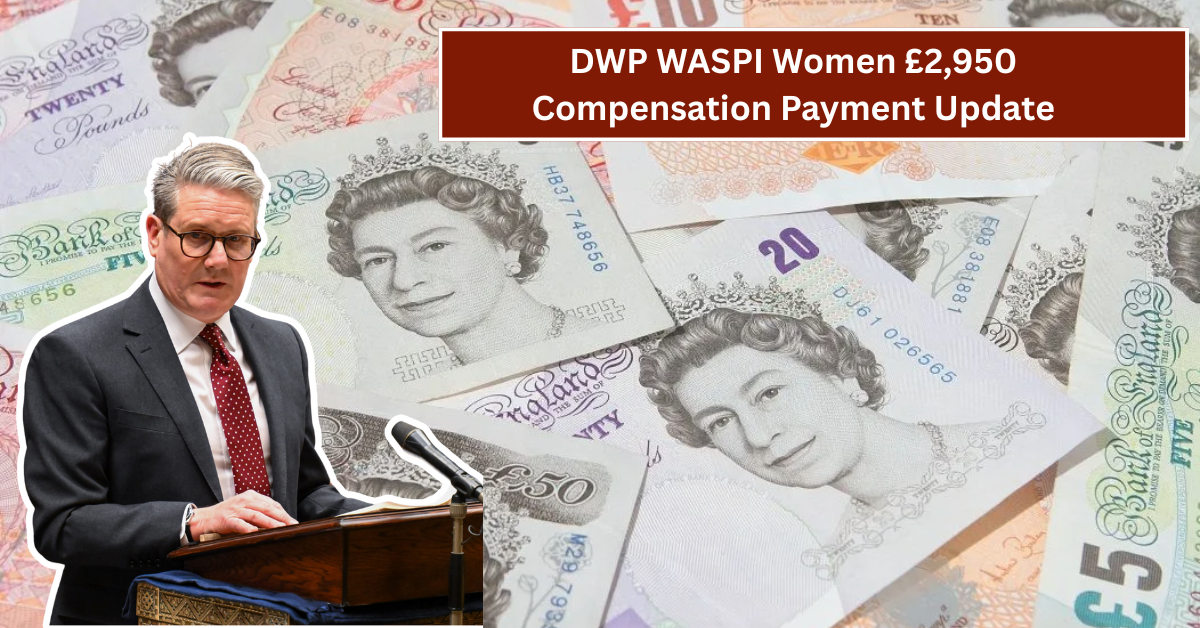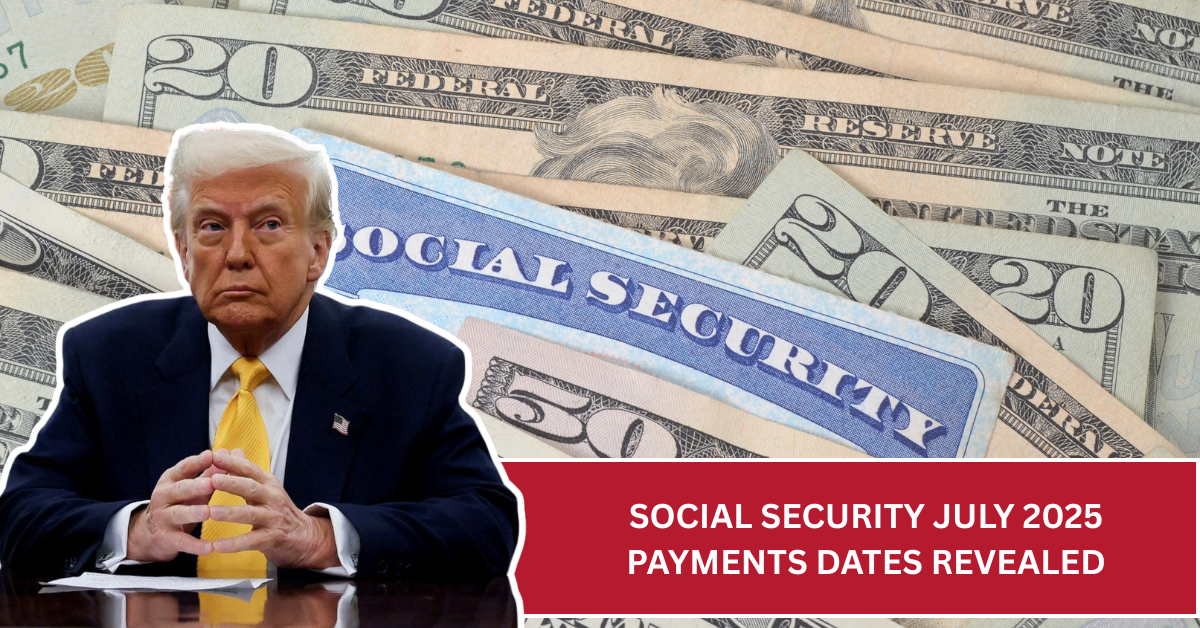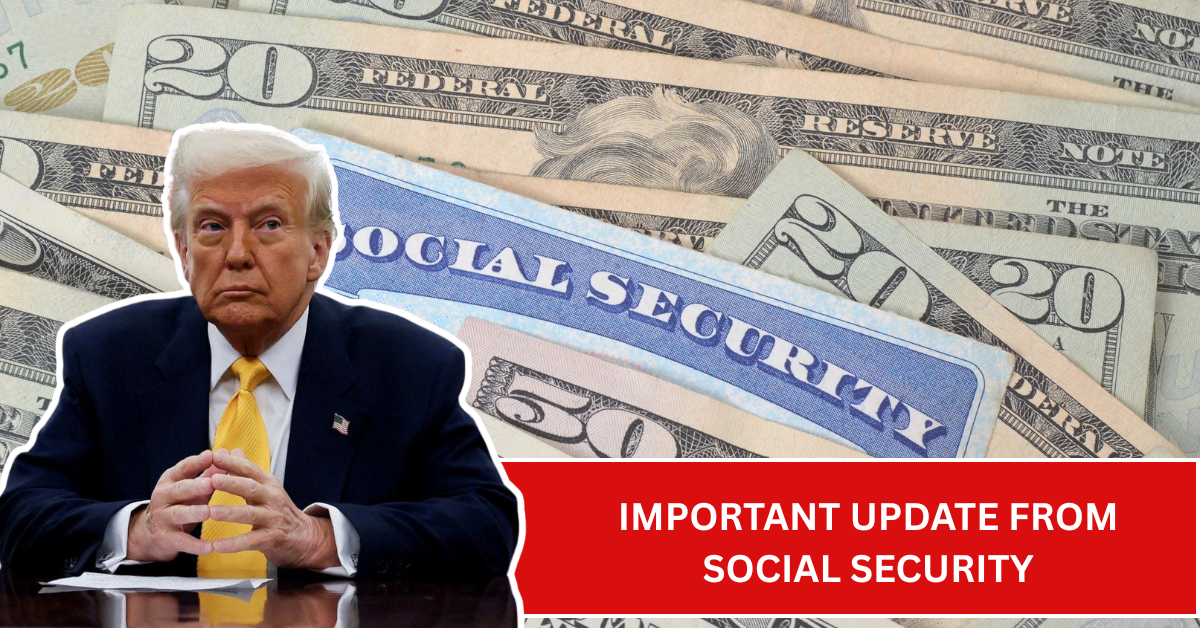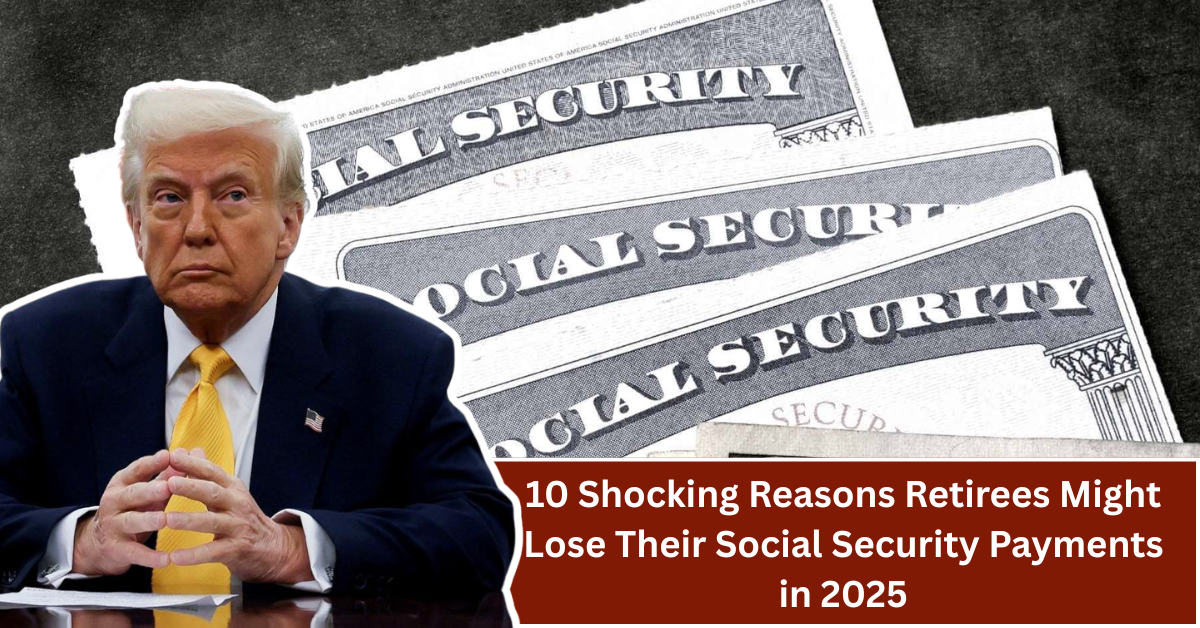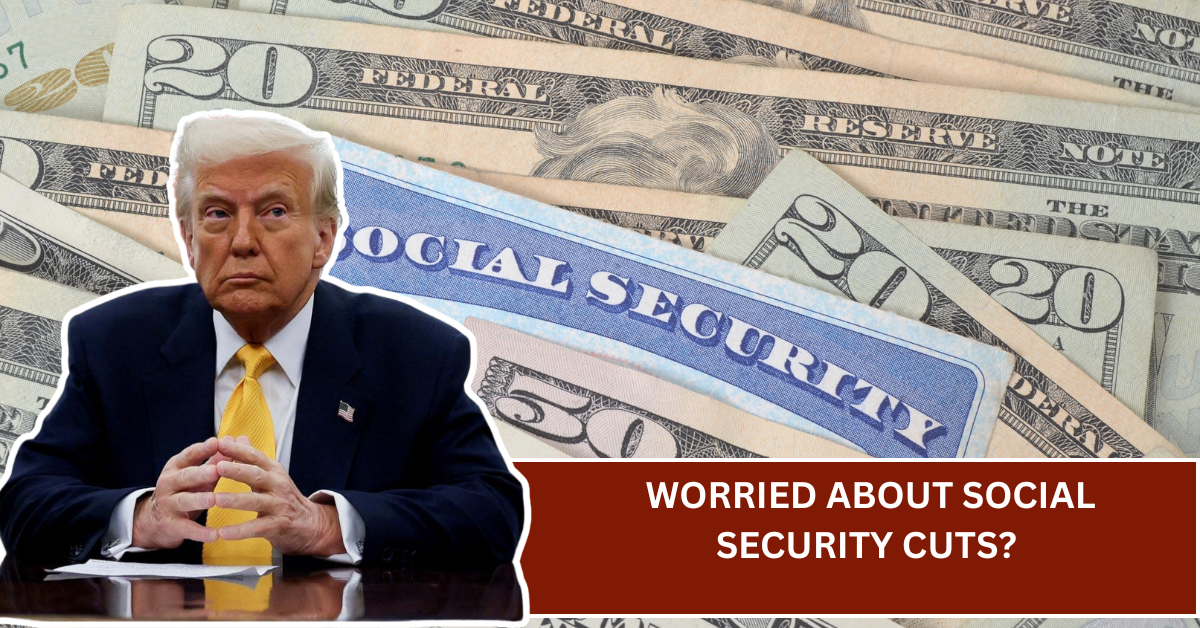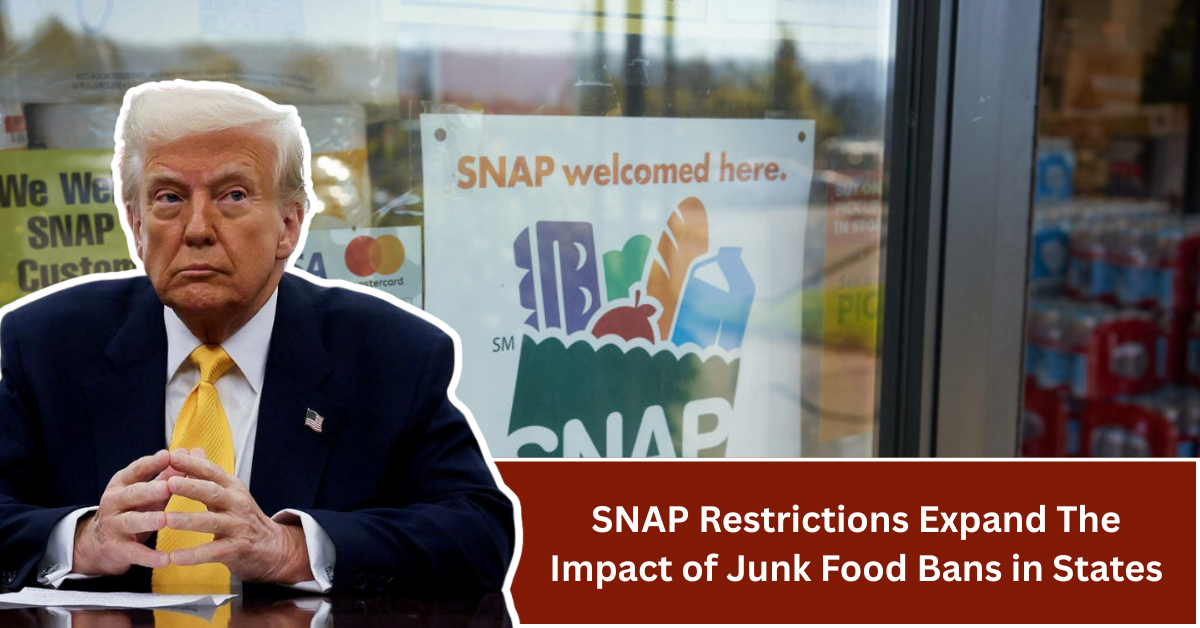
In recent years, there has been a growing concern about the quality of food purchased using government assistance programs. One such program, the Supplemental Nutrition Assistance Program (SNAP), has helped millions of low-income families buy groceries. But now, more states are taking steps to limit the purchase of junk food with SNAP benefits. This move aims to promote healthier eating habits and improve public health.
The expansion of SNAP restrictions is sparking discussions across the country, including in India where similar issues about nutrition and food security arise. Understanding these changes can help families make better food choices and also open conversations about how governments can support healthy living through policy changes. Let’s explore what these SNAP restrictions are, why they matter, and how they affect people’s purchasing power.
What Are SNAP Restrictions?
This Article Includes
- 1 What Are SNAP Restrictions?
- 2 Why Are More States Banning Junk Food Purchases with SNAP?
- 3 What Kind of Foods Are Banned Under These Restrictions?
- 4 How Do These Restrictions Affect SNAP Beneficiaries?
- 5 Can India Learn From SNAP Restrictions?
- 6 How Young People Can Make Smarter Food Choices
- 7 The Future of SNAP and Food Policies Worldwide
- 8 Conclusion
SNAP is a government program in the United States that provides financial assistance to low-income individuals and families to buy food. However, there are no limits on what kinds of food a person can purchase with SNAP benefits in most places. This has led to concerns that people might use their benefits to buy unhealthy junk food full of sugar, salt, and fat.
To address this, some states have introduced restrictions that prevent the use of SNAP benefits to buy certain junk foods and sugary drinks. These rules aim to encourage people to spend their food assistance on healthier options such as fruits, vegetables, whole grains, and lean proteins. The goal is to reduce diet-related illnesses like obesity and diabetes.
Why Are More States Banning Junk Food Purchases with SNAP?
More states are joining the movement to ban junk food purchases using SNAP benefits because of rising health problems linked to poor diet choices. Obesity rates and diseases like diabetes and heart conditions are increasing rapidly, putting pressure on healthcare systems and hurting quality of life for many.
By restricting unhealthy food purchases, governments hope to guide beneficiaries toward better nutrition. Studies show that when access to junk food is limited, people are more likely to buy healthier items. This change can help reduce public health costs over time and promote a more balanced diet among low-income groups.
What Kind of Foods Are Banned Under These Restrictions?
The foods banned under the new SNAP restrictions generally include sugary drinks, candy, chips, cookies, and other processed snacks with low nutritional value. Some states also restrict the purchase of energy drinks and fast food items.
However, staple nutritious foods such as milk, bread, eggs, fruits, vegetables, and whole grains remain fully eligible for purchase. The focus is not to punish individuals but to ensure SNAP benefits help improve the overall health and nutrition of families.
How Do These Restrictions Affect SNAP Beneficiaries?
For many SNAP users, these restrictions can be a positive change. Limiting junk food options encourages healthier eating habits without reducing the total value of food benefits. It can also increase awareness about nutrition and healthy choices within households.
On the other hand, some worry that restrictions might limit personal freedom or make shopping harder for those used to buying certain snacks. There can also be challenges in defining and enforcing which foods are restricted. Nevertheless, most experts agree that the long-term health benefits outweigh these concerns.
Can India Learn From SNAP Restrictions?
India faces similar nutritional challenges with rising obesity and diabetes rates, especially among young people. While India does not have a program exactly like SNAP, government schemes such as the Public Distribution System (PDS) provide subsidized food grains to millions.
India can consider policies that encourage healthier food choices in public food schemes. Banning junk food in school canteens, educating people about nutrition, and promoting fruits and vegetables could be some steps toward better health. Learning from the SNAP restrictions can provide valuable insights for policymakers.
How Young People Can Make Smarter Food Choices
Young readers should understand that nutrition affects both physical health and overall productivity. Choosing fresh foods over junk helps maintain energy levels, improves concentration, and reduces the chance of long-term illnesses.
Simple actions like drinking water instead of soda, eating fruits instead of candy, and cooking homemade meals can make a big difference. Awareness about government programs and food policies can empower young people to advocate for healthier communities in the future.
The Future of SNAP and Food Policies Worldwide
As more states in the US expand SNAP restrictions, the conversation about food justice and health equity grows louder. Programs like SNAP show how policy can influence personal choices and public health. Globally, countries are exploring similar ways to make food assistance more effective.
In India, the focus should also be on balancing food security and nutrition. Incorporating lessons from SNAP restrictions might help improve national health outcomes. It’s important to watch these policy changes closely and support initiatives that encourage nutritious diets for all.
Conclusion
The expansion of SNAP restrictions to ban junk food purchases marks an important step towards healthier eating habits for low-income families. By guiding food choices, these policies aim to reduce diet-related diseases and improve public well-being. While challenges remain, the benefits can be significant.
For Indian readers, understanding these changes can inspire discussions about similar approaches locally. Whether it’s through government programs or personal decisions, focusing on nutrition is key to a healthier future. Staying informed and making wise food choices today can lead to a better tomorrow.




